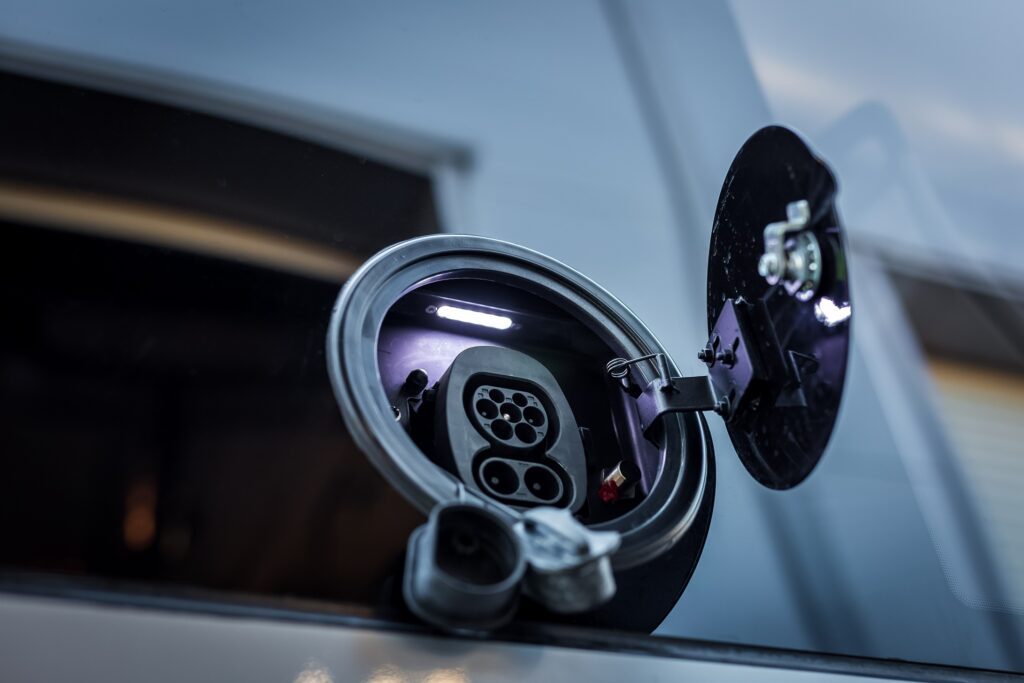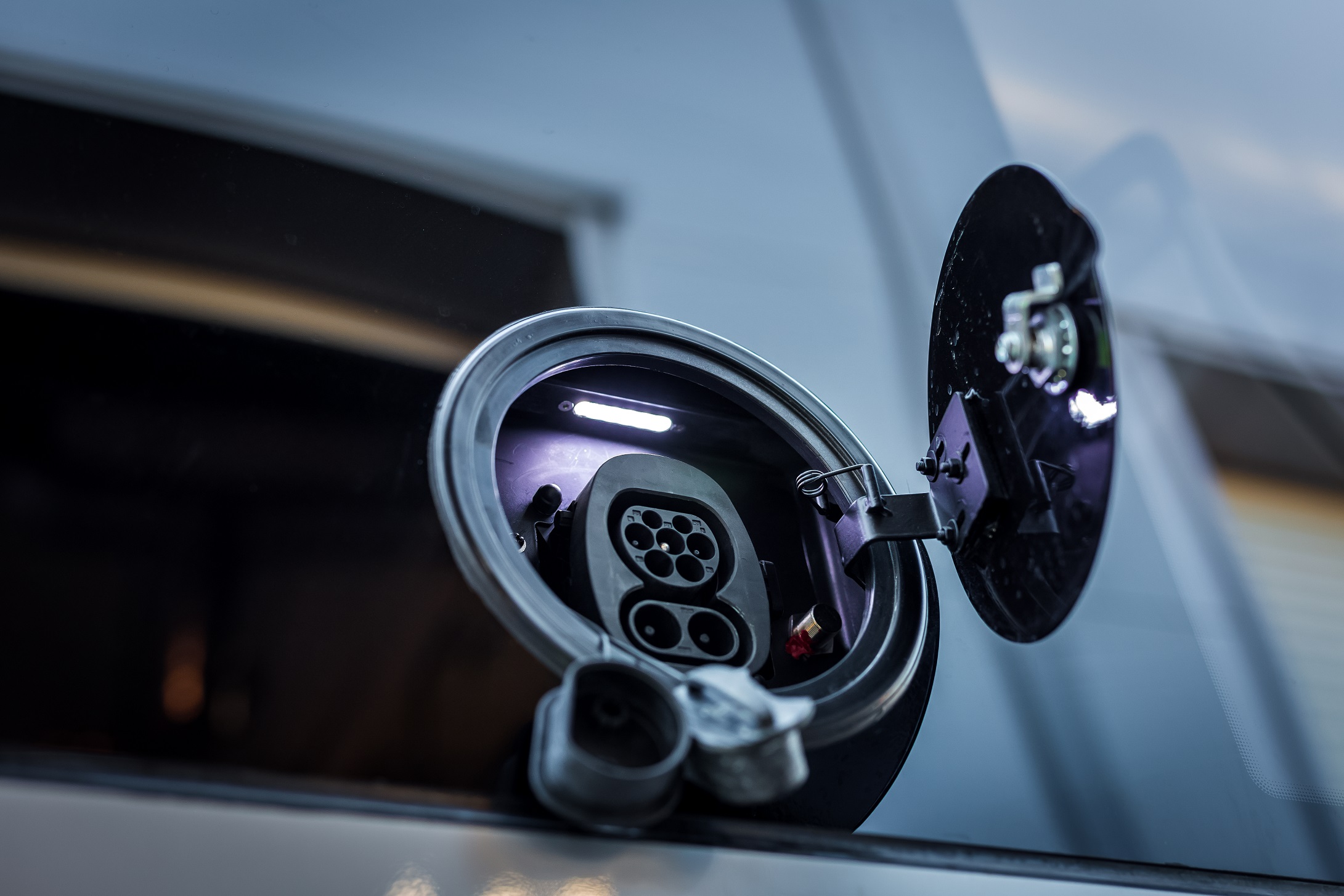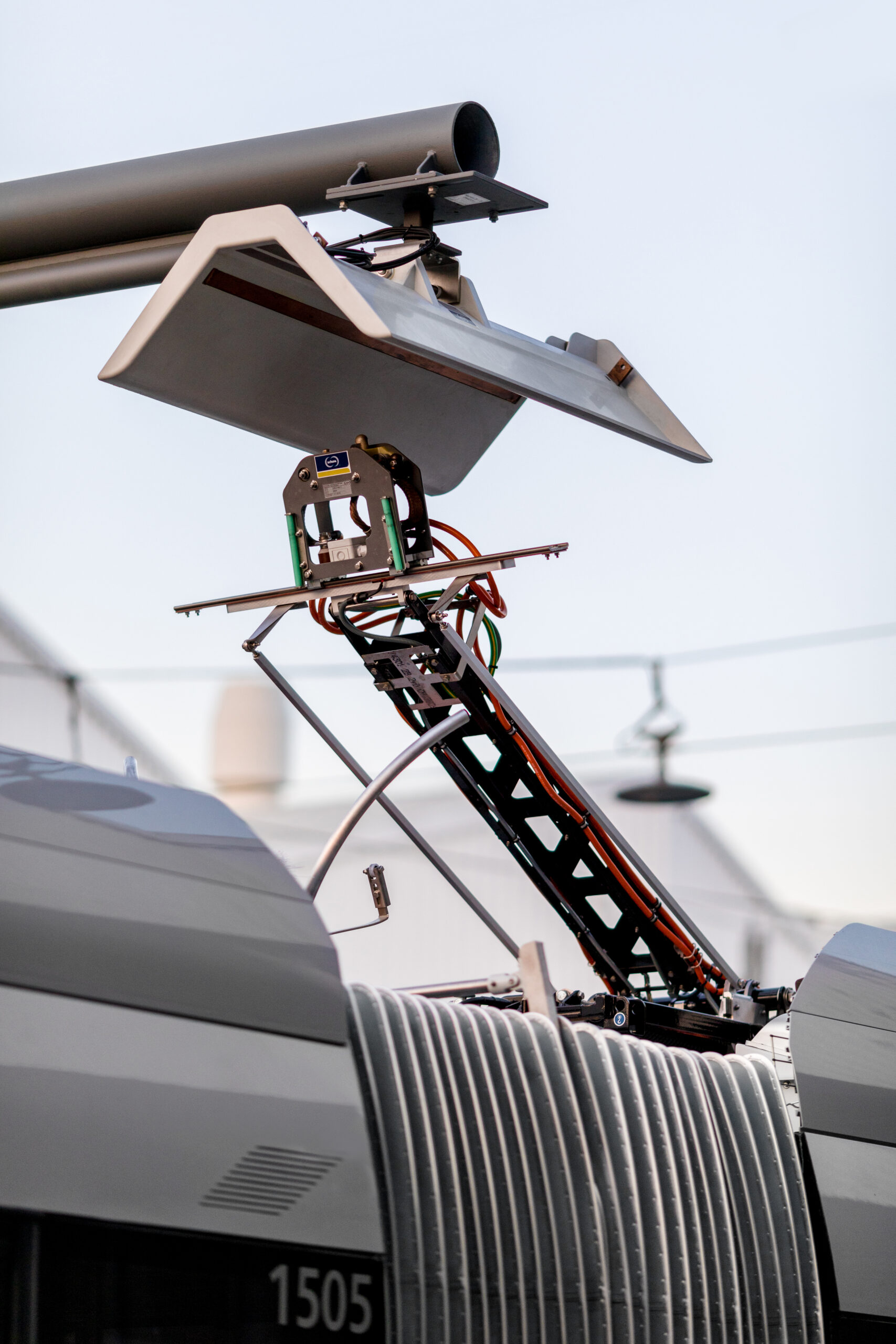
Charging power of electric vehicles
The charging power of electric vehicles, including cars and buses, can vary and depend on factors such as the type of charger used to replenish energy in the batteries, the technical capabilities of the vehicle, and the type of batteries installed. Electric vehicles can be charged using both slow and fast chargers.

Slow Charging
Slow charging, often done during nighttime at the depot, is characterized by lower power and longer battery filling times. In the case of buses, power levels typically range from a few tens of kilowatts to as high as 250 kW. The average overnight charging power is around 40 kW, allowing for a two-and-a-half-hour charge time for 100 kWh batteries, and a five-hour charge time for 200 kWh batteries, and so forth.
In contrast, electric cars typically have a charging power of either 3.7 kW or 7.4 kW, corresponding to charging via a household outlet or a specialized low-power charger.

Fast Charging
Electric buses equipped with advanced fast charging (DC) systems, often using pantographs, can achieve charging powers as high as several hundred kilowatts, exceeding 500 kWh in some cases. This high power enables rapid battery charging, such as in the case of buses in Poznań.
It’s important to note that while fast charging is highly efficient, it may necessitate more advanced infrastructure and specialized chargers.
Read also:
